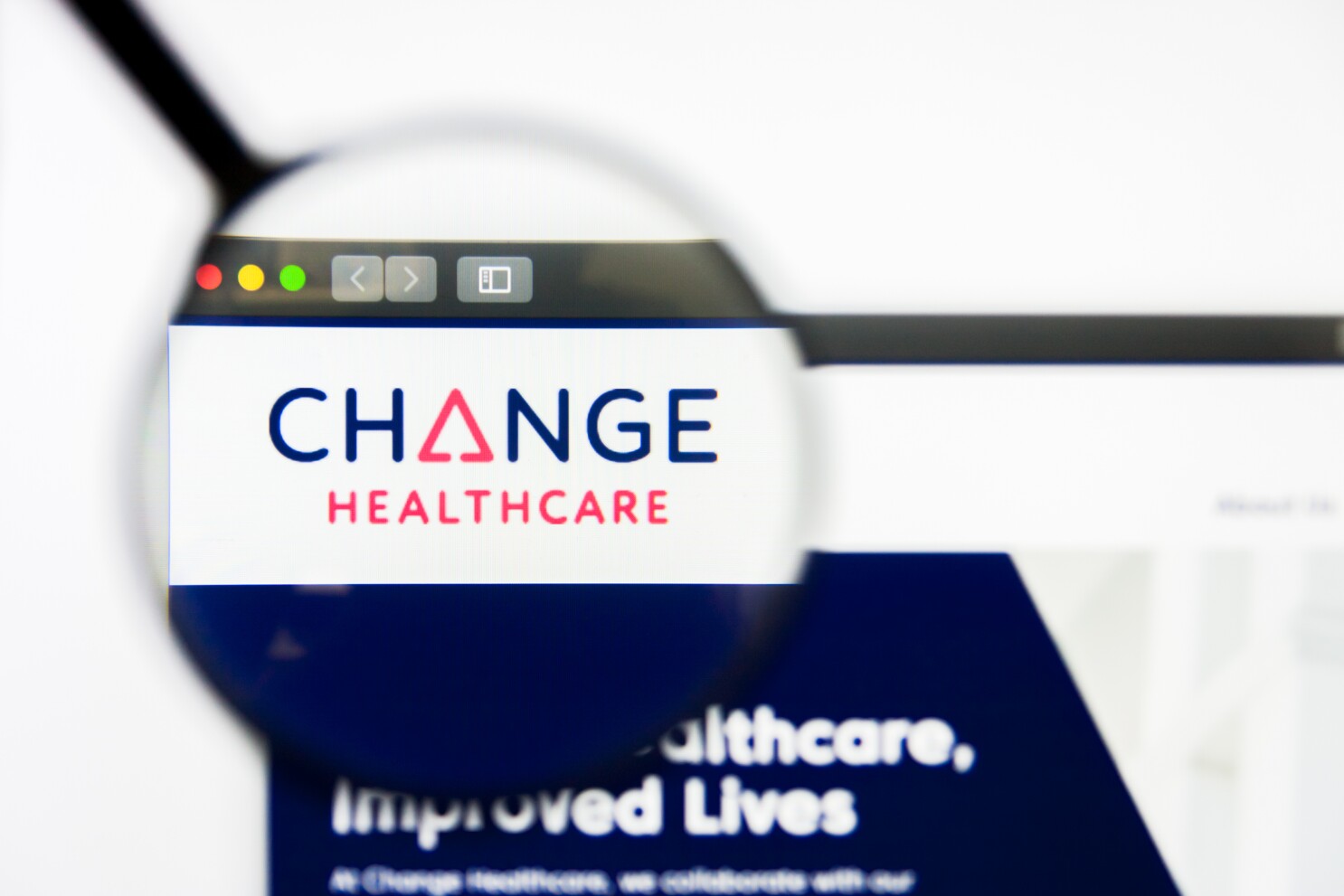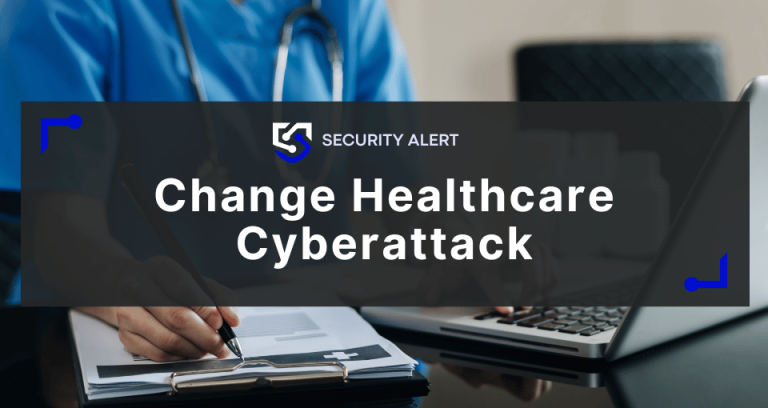Change Healthcare Cyberattack: what management had to say, How they are fixing this, Recent news And Everything To Know

In 2024, Change Healthcare, a major player in the healthcare technology industry, faced a significant cyberattack that had widespread implications. This blog delves into the details of the incident, its impact, and the steps taken to mitigate the damage.
The Cyberattack
On February 21, 2024, Change Healthcare discovered that its systems had been compromised by a ransomware attack1. The attackers had deployed ransomware, which led to the encryption of critical data and disruption of services. Upon detection, Change Healthcare swiftly took action to contain the breach by disconnecting affected systems and also initiating an investigation1.
Immediate Response
Change Healthcare’s security team worked tirelessly with top cybersecurity experts to address the breach. They contacted law enforcement and began a thorough investigation to understand the extent of the attack and the data compromised1. By March 7, 2024, it was confirmed that a substantial amount of data had been exfiltrated between February 17 and also February 20, 20241.

Impact on Data
The stolen data included sensitive information such as contact details, dates of birth, phone numbers, email addresses, and potentially more personal health information1. The breach also affected a significant number of individuals, prompting Change Healthcare to begin notifying those impacted and offering two years of complimentary credit monitoring and identity protection services1.
Broader Implications
The cyberattack on Change Healthcare had far-reaching consequences. It caused major delays in care and reimbursement processes, highlighting the vulnerability of healthcare systems to cyber threats2. The incident also spurred discussions about the need for stricter cybersecurity policies and also oversight for third-party vendors in the healthcare sector2.
Steps Taken for Recovery
In response to the breach, Change Healthcare implemented several measures to enhance its cybersecurity posture. These included:
- Strengthening Security Protocols: Enhancing existing security measures and protocols to prevent future attacks.
- Also Employee Training: Conducting comprehensive training programs to educate employees about cybersecurity best practices.
- Collaboration with Experts: Working closely with cybersecurity experts to continuously monitor and also improve their systems1.
Regulatory Response
The Centers for Medicare & Medicaid Services (CMS) announced plans to introduce new cybersecurity policies for third-party vendors to protect healthcare systems from similar attacks in the future2. This move aims to mitigate the broader impacts on care and also ensure the security of sensitive health information.
It underscores the importance of robust cybersecurity measures and also the need for continuous vigilance to protect sensitive data.


